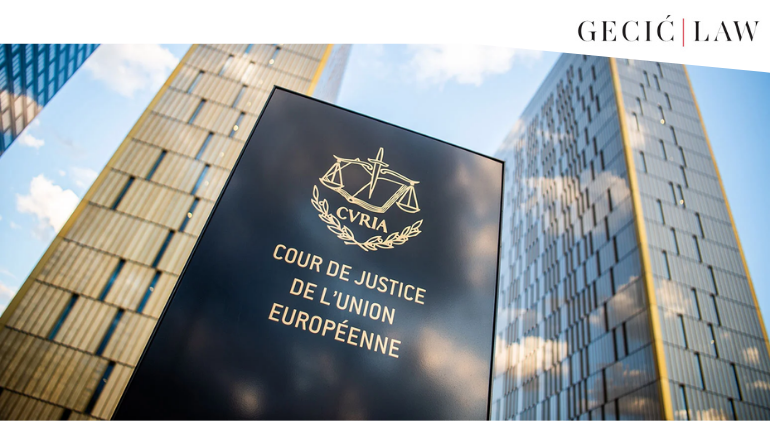

The Court of Justice of the European Union (“CJEU“) delivered two judgments on 22 March 2022. By those judgments, the CJEU ruled on the scope of the protection afforded by the prohibition of ne bis in idem principle in competition law. The CJEU recalled in both cases that the application of the ne bis in idem principle is subject to a twofold condition. First, there must be a prior final decision and secondly, the prior decision and the subsequent proceedings must concern the same facts. The CJEU clarified that the limitations may be imposed on the exercise of a fundamental right, such as the prohibition against double jeopardy if the limitations respect the essence of those rights and genuinely meet objectives recognized by the European Union.
The first judgment is linked to the Belgian company Bpost, which was successively fined by two national authorities. In July 2011, a fine of EUR 2.3 million was imposed on Bpost by the Belgian postal regulator, which found that the rebate system applied by Bpost from 2010 onwards discriminated against some of Bposts’ clients. The decision was later annulled by the Brussels Court of Appeal, on the ground that the pricing practice at issue was not discriminatory.
Shortly thereafter, the Belgian competition authority (“BCA“) imposed a fine of around EUR 37.4 million on Bpost for abuse of dominant position because of the application of the same rebate system between January 2010 and July 2011. Bpost disputed the lawfulness of the BCA’s decision based on the ne bis in idem principle. However, the BCA argued that each decision was adopted under different rules protecting different legal interests, and therefore the ne bis in idem principle was not infringed.
According to the CJEU decision, the protection granted by the Charter of fundamental rights of the European Union does not preclude an undertaking from being penalized for an infringement of competition law where, on the same facts, it has already been the subject of a final decision for failure to comply with sectoral rules (in this case, the postal sector rules governing the activities of Bpost). The CJEU stated that the “identity of the material facts, understood as the existence of a set of concrete circumstances which are inextricably linked together” is the basis for assessing the existence of the same offense, and regarded the legal classification of the facts under national law and the legal interest protected as irrelevant.
The duplication of proceedings and penalties is, nevertheless, subject to the following test. Firstly, there must be clear and precise rules that make it possible to predict which acts or omissions are liable to be subject to such duplication. Then, it is necessary to assess whether the two sets of proceedings have been conducted in a manner that is sufficiently coordinated and within a proximate timeframe and whether any penalty that may have been imposed in the first proceedings was considered when assessing the second penalty.
The second judgment refers to a case involving German sugar companies Nordzucker and Sudzucker, that together with a third major producer, dominate the German sugar market. For the purposes of determining the existence of a cartel in the Austrian market between Nordzucker and other producers of sugar, the Austrian competition authority relied on a telephone conversation during which representatives of both undertakings discussed the Austrian sugar market. Meanwhile, in September 2014, the German competition authority decided that undertakings in question had infringed both EU competition law and national competition law and imposed a fine of EUR 195.5 million on Sudzucker, also reproducing the content of the mentioned telephone conversation which related to the Austrian market. In this case, the CJEU took a stance that the identity of facts must be examined by reference to the territory, product market, and period during which the considered conduct had the alleged object or effect of restricting competition.
The CJEU specified that the ne bis in idem principle does not prevent proceedings against the undertaking by the competition authority of a Member State, nor does it prevent fines for Article 101 infringements TFEU, including the corresponding provisions of the national competition law, for a conduct which has had an anti-competitive object or effect in the territory of that Member State, even though that conduct has already been referred to, by a competition authority of another Member State, in a final decision. The CJEU points out, however, that decision under consideration must not be based on a finding of an infringement in the territory of the first Member State. If that is the case, the second competition authority, which institutes proceedings in relation to the infringement in the territory of the first Member State, would be in violation of the ne bis in idem principle. In the present case, the referring court had thus to determine whether the German authority sought to find that the cartel at issue existed and to penalize it, based on the cartel’s anti-competitive object or effect in Austrian territory.
Authors: Vuk Leković, Marko Đorđević, Ognjen Pećanac